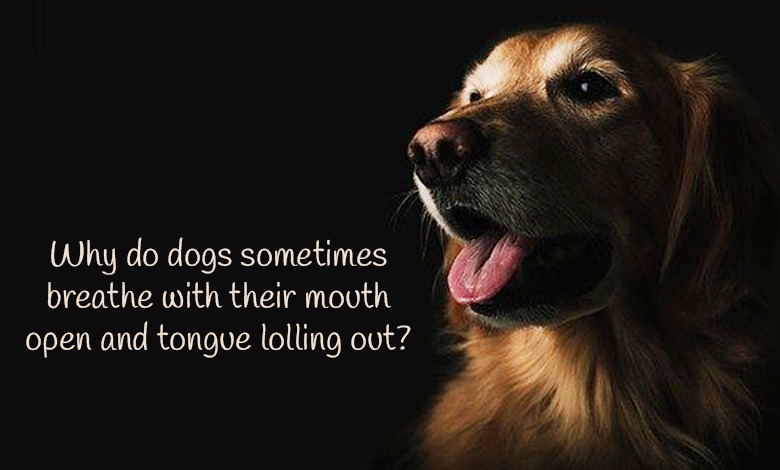Dogs’ tongues are incredible. Your furry friend uses it in eating, drinking, cooling their bodies, and of course, in giving you wet and slimy kisses.
Other dogs may also stick their tongues most of the time. Sometimes just only the tip though, but more often, you seem them breathing in mouth open and their entire tongue lolling out the side of their mouth.
Though it may seem cute and adorable, panting traces from different kinds of reasons. Some stem from underlying issues. Others are because he’s just an endearing dog as he is.
One of the primary reasons why dogs like to pant is to cool down. Dogs, unlike humans, are unable to sweat through their skin to cool themselves due to their thick fur. They may sweat through paw pads. However, it isn’t enough to adequately cool them down.
When dogs pants, they immediately get fresh external air and release hot air from their lungs. This process boosts the evaporation of water from their tongue, their mouth, and respiratory tract. In turn, it aids in regulating the dogs’ body temperature and in cooling them down efficiently.
The introduction of new medicines into the dogs’ system can also be a reason for their tongue lolling out. If they have undergone new medication and exhibit this behavior, return to your vet right away to ensure that the right medications were given or to know if there has to be a change with the approach.
Dogs may also pant when they are anxious or stressed. Regarded as behavioral panting, it comes along with other symptoms, such as pacing, whining, licking, frequent yawning, shaking, and being aloof. This type of panting can usually be observed in dogs whenever they are on car trips, on a visit to the vet, or are feeling scared.
Sadly, underlying conditions can also trigger panting among dogs. Breeds with a flat face and squashed or shortened nose, such as Pugs, Boxers, or French Bulldogs, are prone to suffering from ‘brachycephalic obstructive airway syndrome.’
Due to the anatomical structure of the said breeds, they often experience difficulty in breathing caused by their slender respiratory tracts. Moreover, panting is harder to execute for them compared to other dogs as their faces are flat. With that, they cool down less effectively, which makes them vulnerable to overheating or heatstroke.
Another condition affecting dogs is the hanging tongue syndrome, which mostly affects the brachycephalic breeds mentioned earlier. Due to genetics, their tongue tends to be larger than what the oral cavity can hold, or it’s possible that breeding may have caused abnormal jaw bone growth, disallowing it to support the tongue properly. The condition usually develops as the dogs get older, especially if they have an underbite or overbite.
Genetics, however, isn’t the only one responsible for the occurrence of Hanging Tongue Syndrome in dogs. Certain dental diseases may result in the rotting, or extraction of the front teeth. When teeth are removed, there is nothing to ‘block’ the tongue, and it protrudes out or hangs out on either side of the mouth.
It’s great to note that dogs with this syndrome can still have a long, enjoyable, and healthy life. But, it is always good to consult your vet to rule out other illnesses, as masses or tumors may also be a cause for dogs’ tongues to loll out.
But, the great news is that the dogs’ habit of having their tongue lolling out may also mean that they are having a good time, and it’s only a sign of relaxation. If they have just played with other pooches, eaten their favorite meal, or cuddling in your lap, it may imply that they are in a state of happiness.
